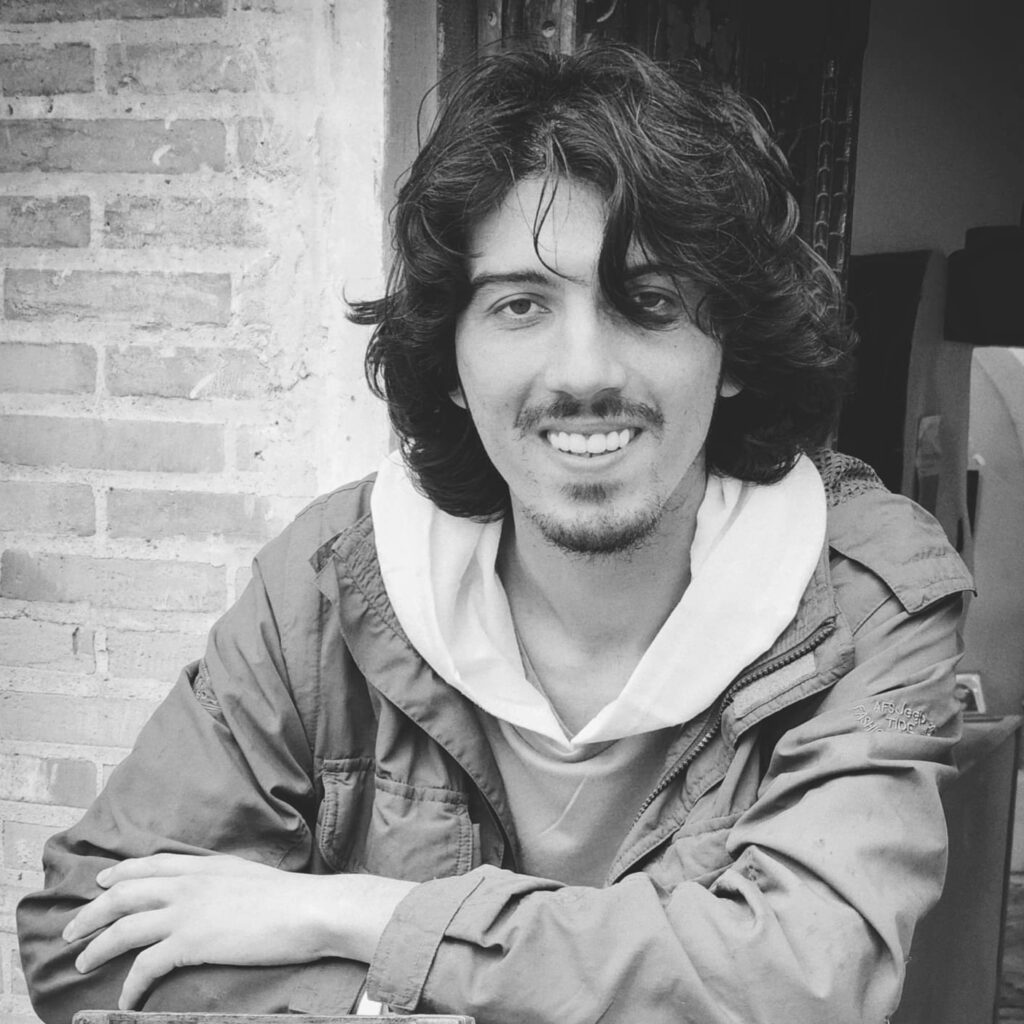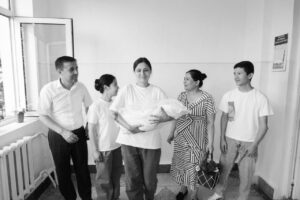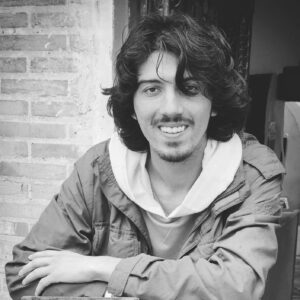With “Central Asia through the lens of…” Novastan presents Central Asian photographers and their work.
Photographer Behzod Boltayev followed in the footsteps of his father Shavkat Boltayev, by documenting the daily life of the people of Bukhara. Superb examples of street photography, their works are displayed at the Bukhara Photo Gallery, curated by Behzod Boltayev himself.
Name: Behzod Shavkatovich Boltayev
Date of birth: 31 March 1996
City and country: Bukhara, Uzbekistan
Nationality: Uzbek
Novastan: Why did you choose photography as a means of self-expression?
Behzod Boltayev: I have been interested in and loved this profession since childhood. My father Shavkat Boltayev was a famous documentary photographer.
Support Novastan, the European Central Asia magazine
By supporting Novastan, you are supporting the only English, French and German-language media specialising in Central Asia. We’re independent and we need your help to stay that way!Dad has been my first mentor and he taught me a lot about photography. For me, photography is an episode cut out of real life. My father’s precepts still guide me in my work – to shoot in such a way that in hundreds of years, looking at the pictures, people will have a clear idea of what life was back then.
Can you tell me more about your gallery?
My dad Shavkat Boltayev created an amateur film studio “Sitora” (“Star” in Tajik) in 1985 in Bukhara. On the very same location of this studio in 2003, he opened a photo gallery, the first of its kind in Uzbekistan. Today, the Bukhara Photo Gallery includes several of his and my work and has been recommended in many tourism guidebooks around the world.
How do people in your home country react to your photographs?
People in my country react to my work in different ways. But most are positive. I give a lot of importance to the feedback of art critics and to the comments on social networks. I shoot my native Bukhara, its people, streets, monuments, life, traditions and rituals. People living on the territory of Uzbekistan can identify themselves with my photographs. The main thing in my work is to capture the moment and document history.
What is your current/next photo project?
My city is multinational. People of different nationalities live here. Currently, I am working on a project about the life of Central Asian gypsies. They live both in and outside the city. I am continuing the project started by my father. My dad worked on a long-term photo project “Survival of Small Nations on the Great Silk Road”, which consisted of two parts: “XXI Century: Bukhara without Bukharan Jews” and “Mysterious Tribe” about Central Asian Gypsies. He worked on this project for almost 30 years and I feel it is my duty to continue my father’s work.
I am interested in the way of life of the Gypsies. They live somehow separately and do not enjoy all the benefits of civilisation. The most important thing for them is freedom.
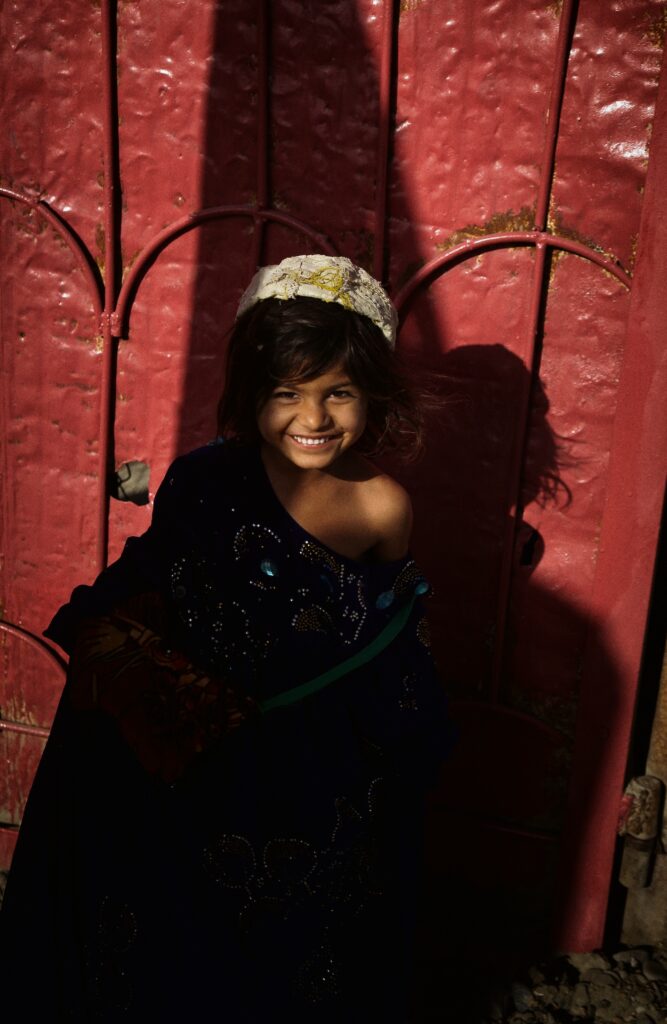
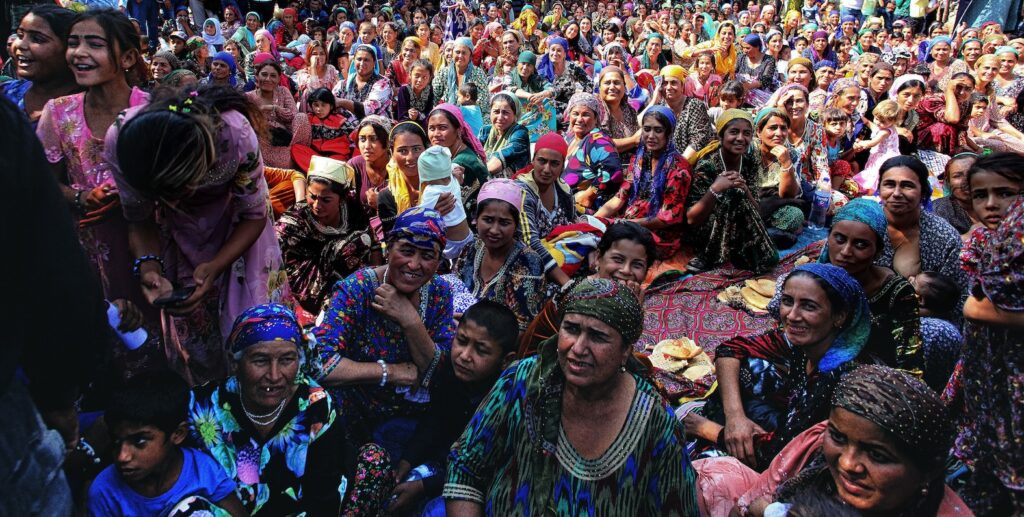
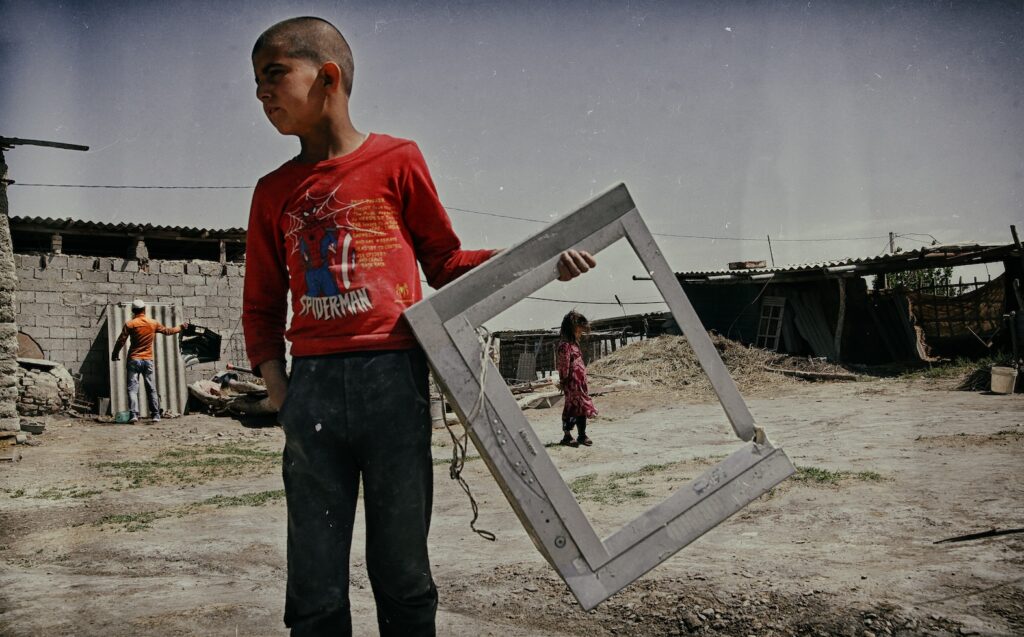
Can you pick one picture that is particularly important for you and tell us why?
I like all my works. They are my creations, my brainchildren, so to say. But if I single out one, then it is, perhaps, “Portrait of a Master Ceramicist.” This is a portrait of a master of clay toys, Kubaro Babaeva. She was a close family friend. And until the end of her life, she sculpted red and blue clay toys – whistles for children.
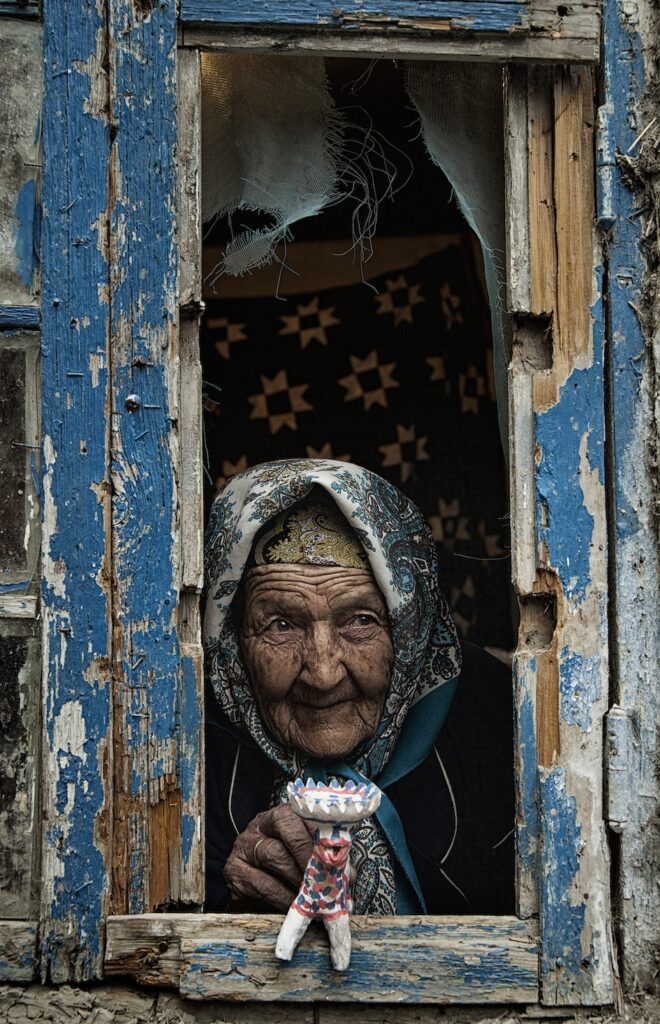
Have you been in other cities of Uzbekistan and Central Asia? And which one do you like the most besides Bukhara?
I have visited many cities in Uzbekistan and in other countries of the world. My favorite city, of course, is my native Bukhara. In addition to Bukhara, I liked Khiva, St. Petersburg, Shamakhi and New York. Unfortunately, I have not been to other Central Asian countries, but they are definitely on my list along with other countries around the world.
Besides photography, how do you spend your time?
I like to play sports, I often play football with friends.
Here below a selection of photos of Behzod Boltayev. For more photos, you can follow him on Instagram : @b_photo_gallery or find him directly at the Bukhara Photo Gallery in Bukhara.
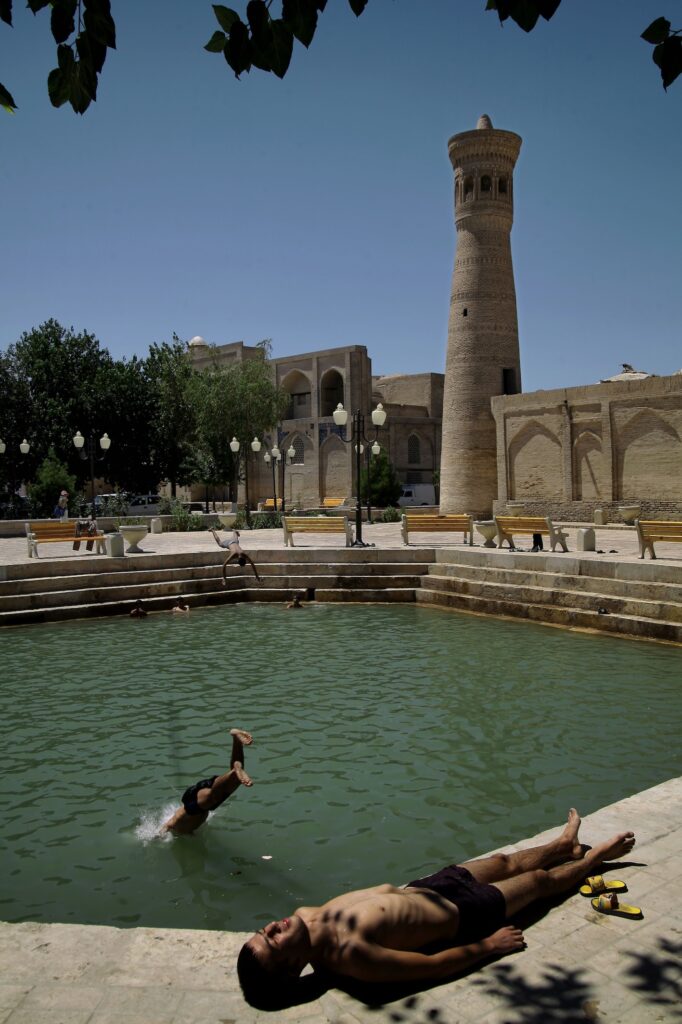
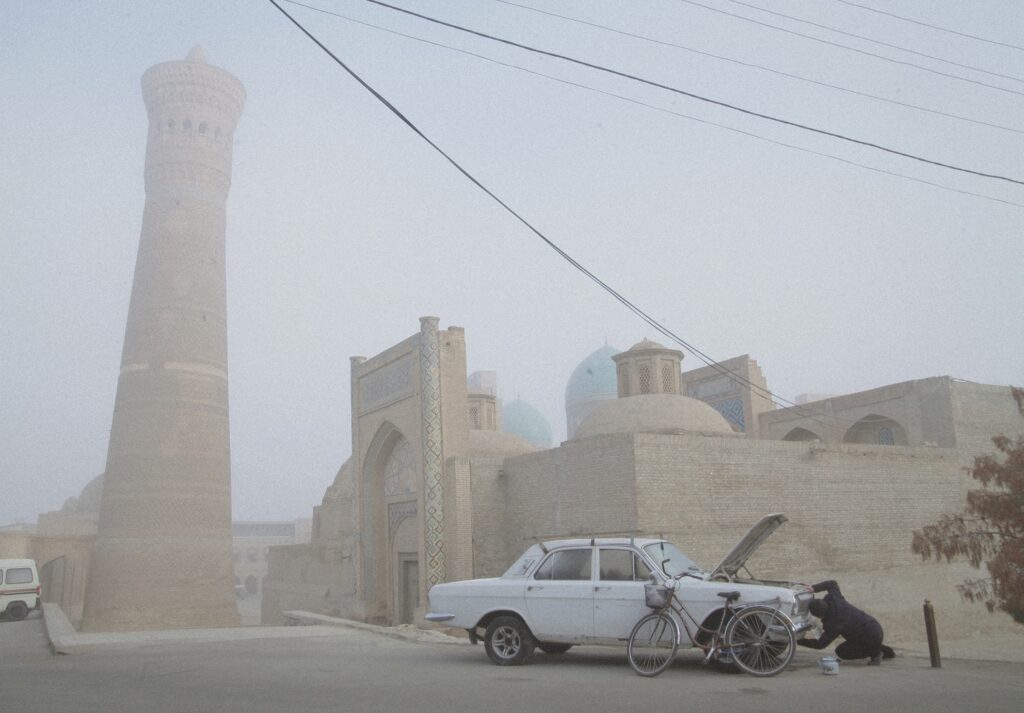
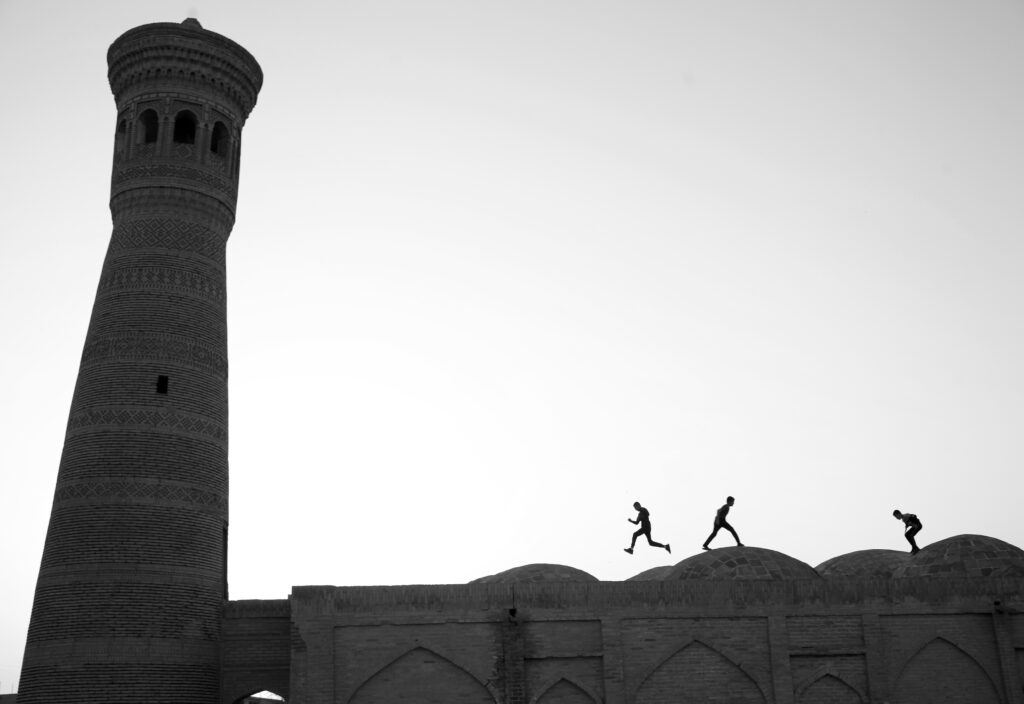
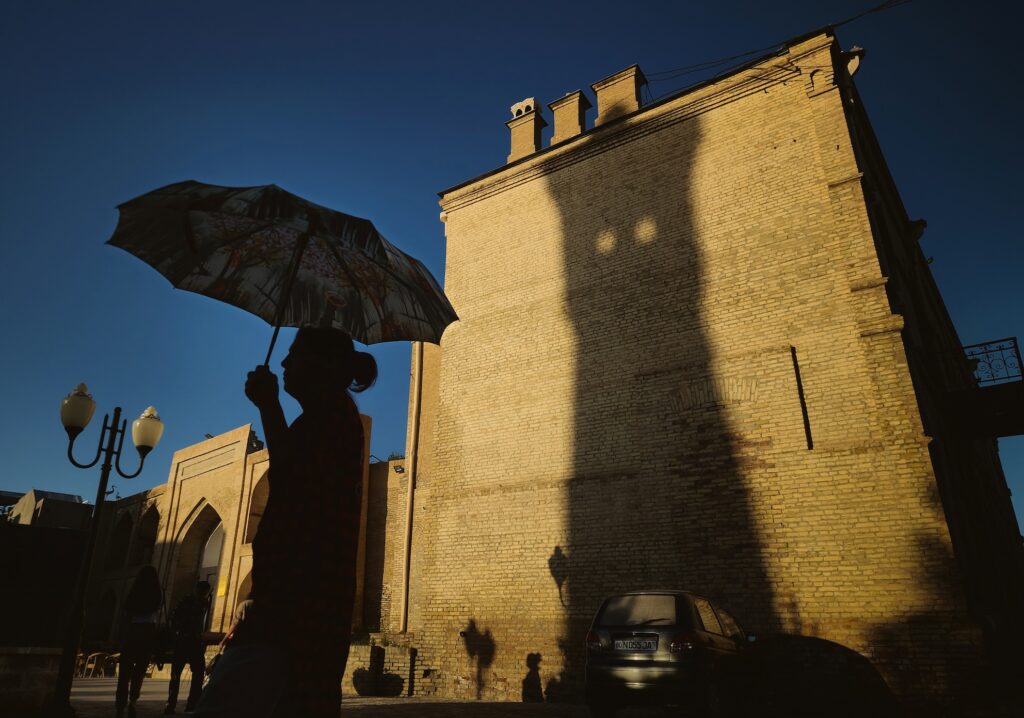
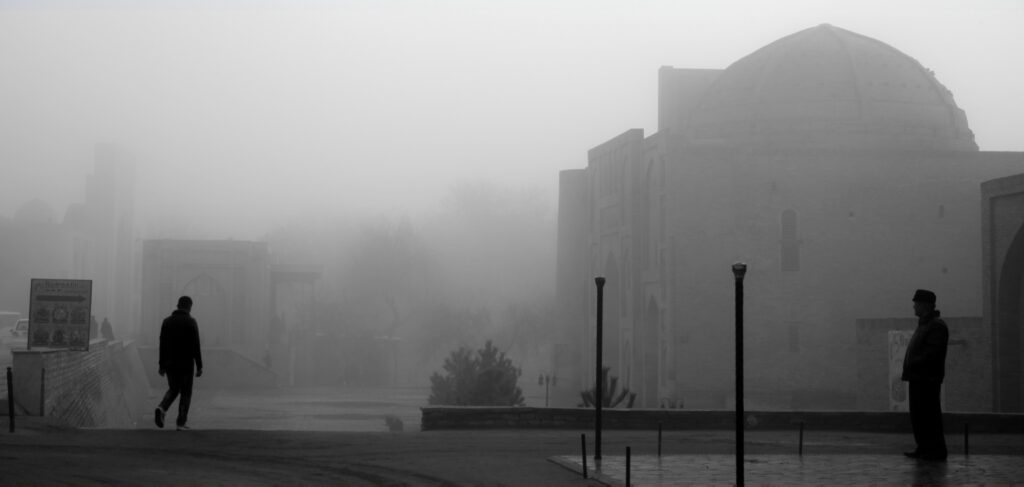
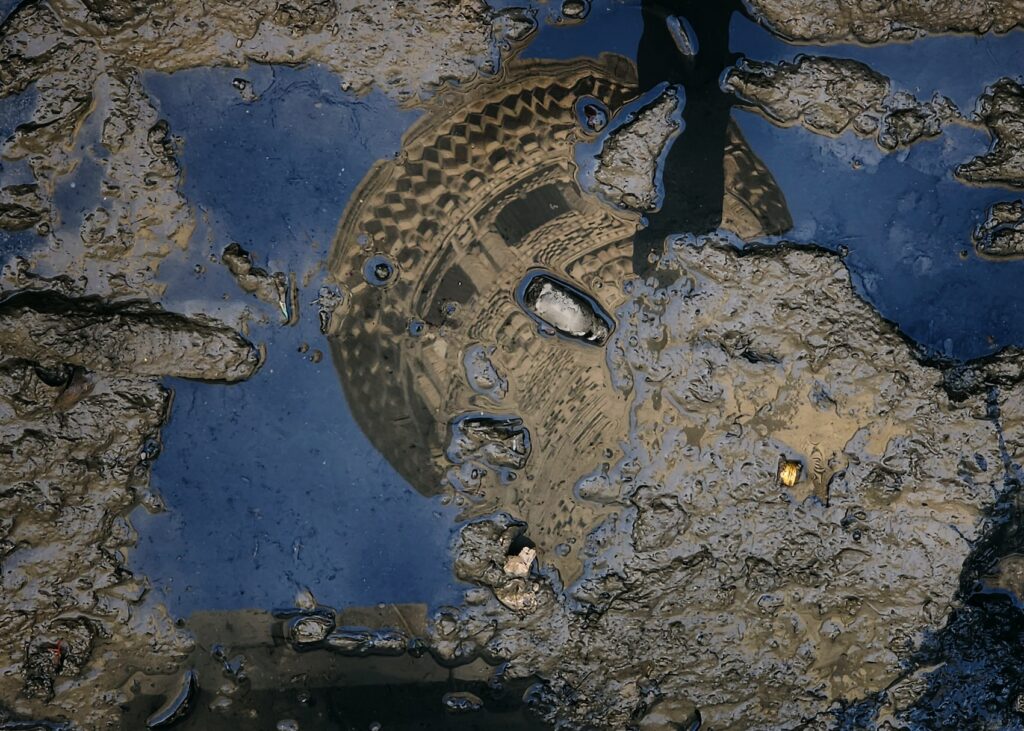
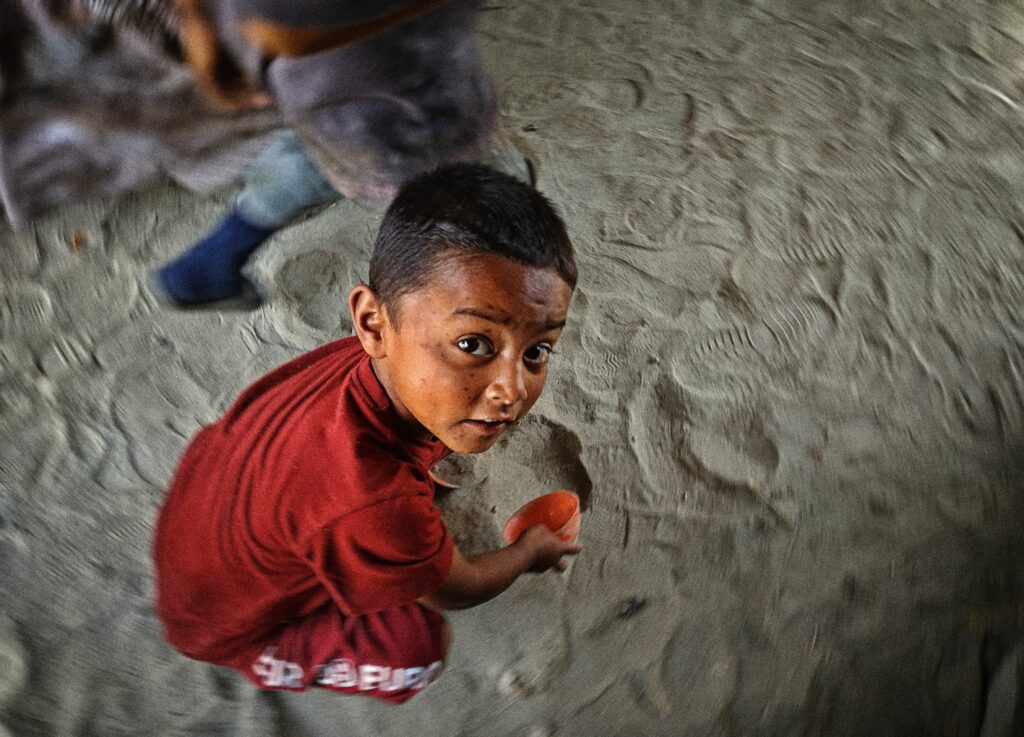
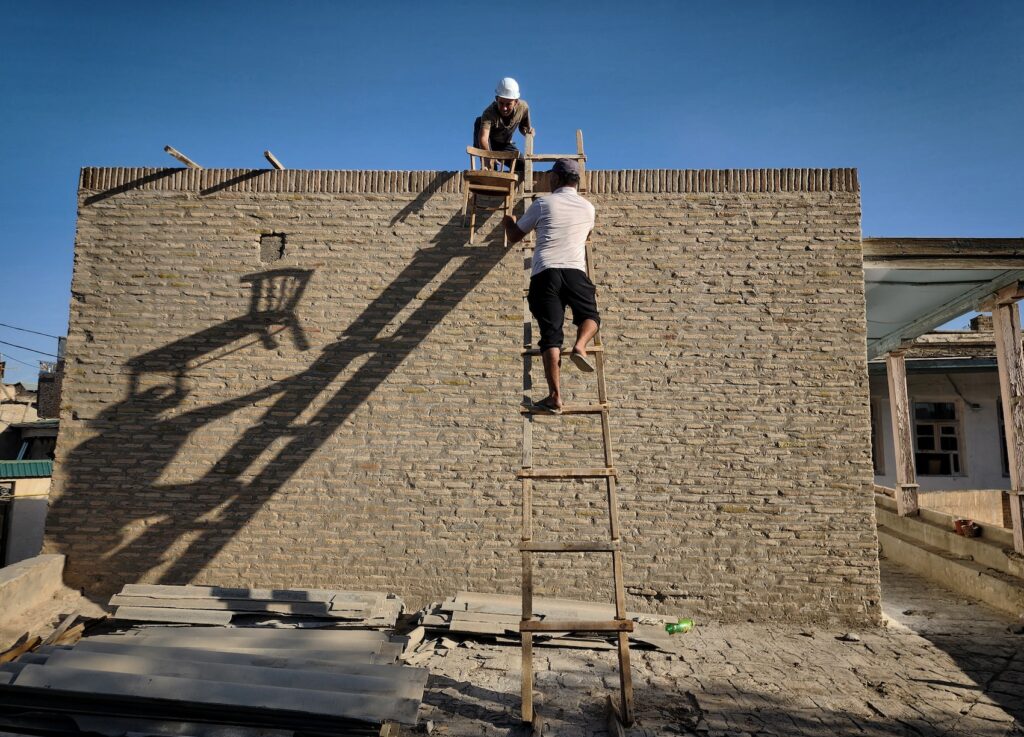
For more news and analysis from Central Asia, follow us on Twitter, Facebook, Telegram, Linkedin or Instagram.
 Central Asia through the lens of… Behzod Boltayev
Central Asia through the lens of… Behzod Boltayev 
